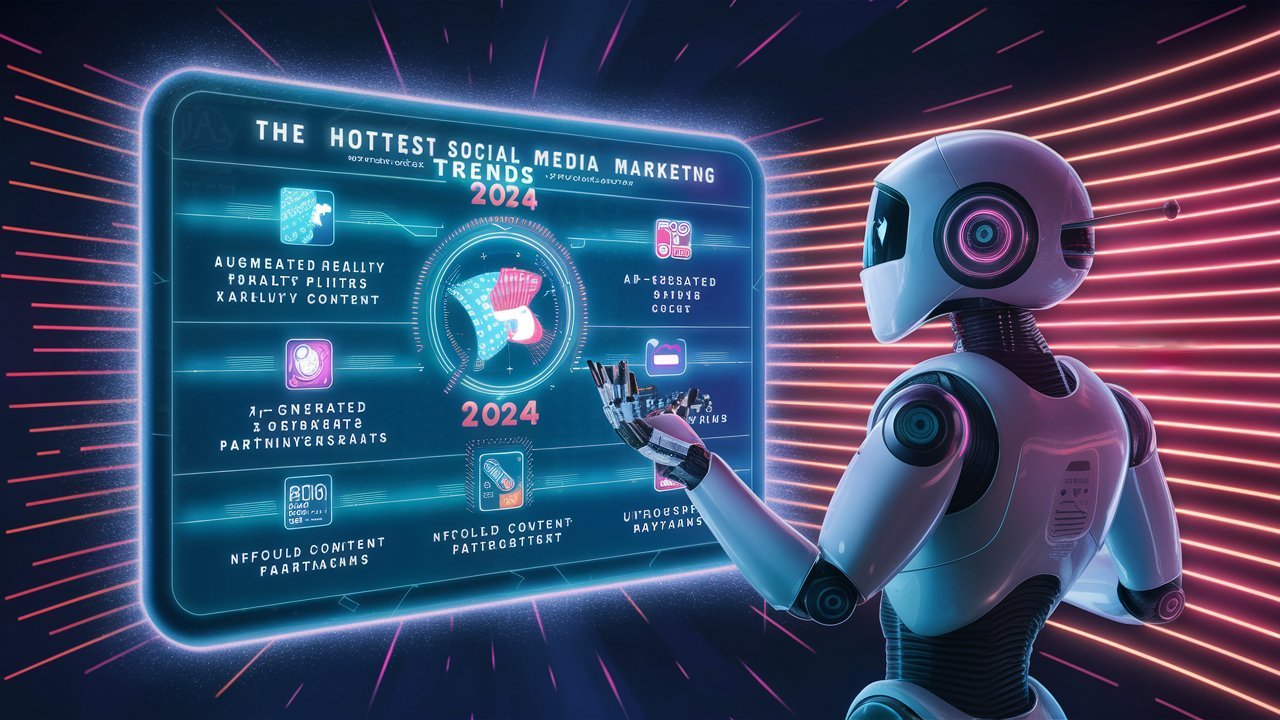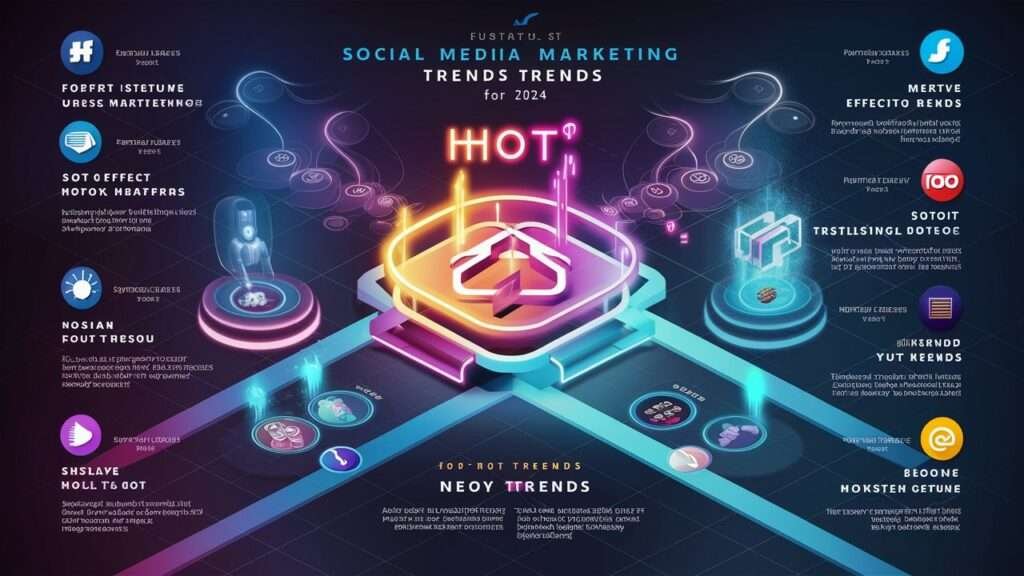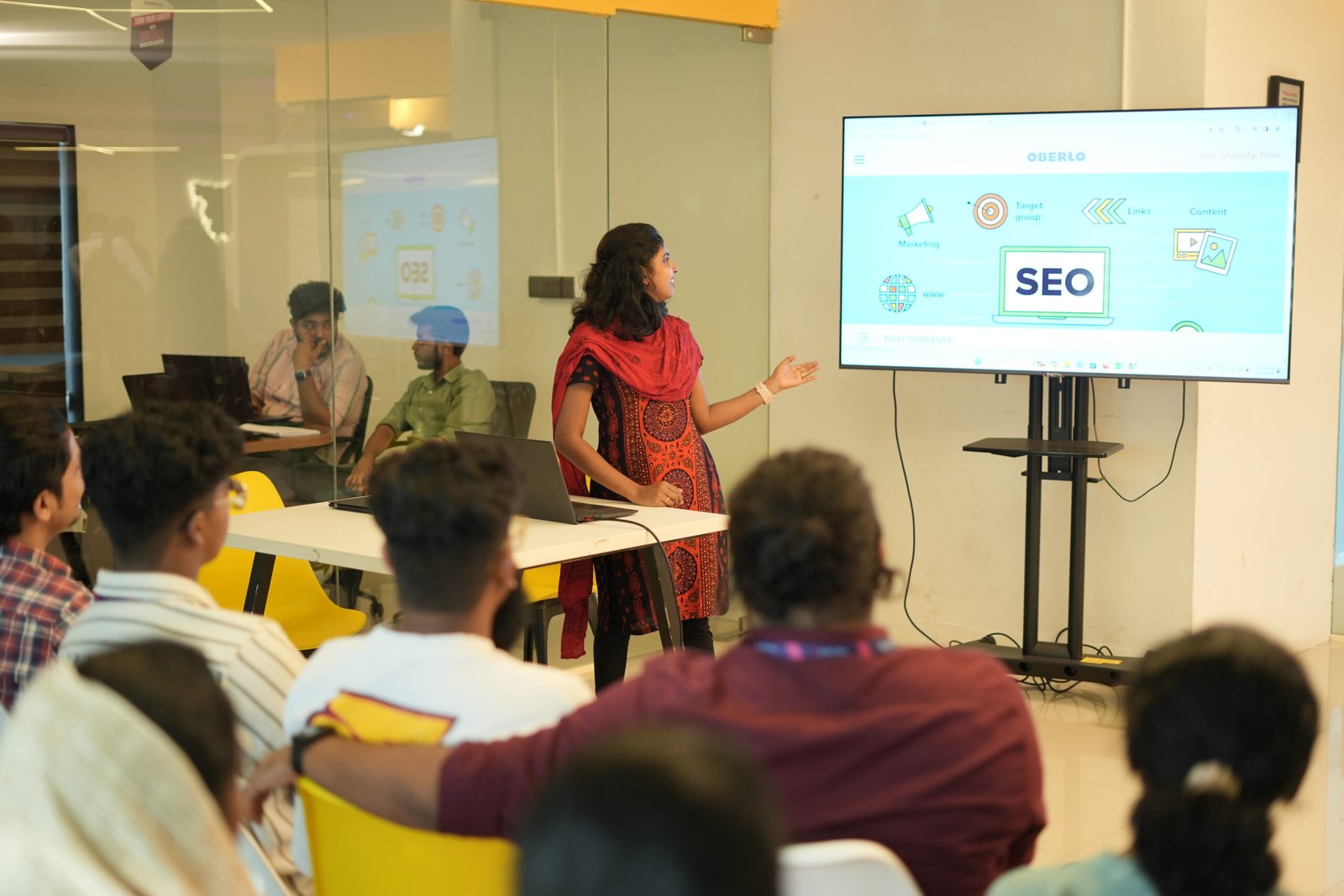
Introduction
Social media marketing is a dynamic landscape that’s always evolving. Keeping up with the latest trends is crucial for businesses looking to maintain a competitive edge. This year has brought several shifts in what’s hot and what’s not in the world of social media marketing. Whether you’re a seasoned marketer or a small business owner, understanding these trends can help you navigate the complexities of the digital world more effectively.

The Hot Trends in Social Media Marketing
Rise of Short-Form Video Content
TikTok’s Dominance
TikTok continues to be a powerhouse in the social media arena. Its short-form, engaging videos have captivated millions, making it a prime platform for brands to connect with younger audiences. Creative and entertaining content thrives here, and businesses that can tap into TikTok’s unique style can achieve significant reach and engagement.
Instagram Reels’ Popularity
Instagram Reels, launched to compete with TikTok, has also seen substantial growth. Brands are leveraging Reels to create short, impactful videos that are easy to consume and share. This format is perfect for showcasing products, sharing tips, or simply entertaining followers with behind-the-scenes glimpses.
Social Commerce Evolution
Shoppable Posts
Social commerce has revolutionized how people shop online. Shoppable posts on platforms like Instagram and Facebook allow users to purchase products directly from the app, creating a seamless shopping experience. This trend reduces friction in the buying process, driving more sales and improving customer satisfaction.
Livestream Shopping
Livestream shopping combines entertainment with commerce, creating an engaging way for brands to showcase products in real-time. Viewers can interact, ask questions, and make purchases during the live session. This trend is particularly popular in Asia and is gaining traction globally as a new way to shop online.
Personalized Marketing
AI and Machine Learning
Artificial intelligence and machine learning are transforming how brands approach personalized marketing. By analyzing user data, businesses can deliver highly targeted content that resonates with individual preferences. This not only enhances the user experience but also boosts conversion rates.
User-Generated Content
User-generated content (UGC) is a powerful tool for brands. Encouraging customers to share their experiences with products on social media creates authentic content that builds trust and credibility. UGC also fosters a sense of community and engagement among followers.
Influencer Partnerships
Micro-Influencers
While mega-influencers have a broad reach, micro-influencers often have more engaged and loyal followers. Partnering with micro-influencers can be more cost-effective and yield better engagement rates. These influencers are perceived as more relatable and trustworthy by their audiences.
Long-Term Collaborations
Long-term collaborations with influencers are becoming more popular than one-off sponsored posts. Ongoing partnerships help build a more authentic connection between the influencer and the brand, leading to more genuine endorsements and sustained audience interest.
Authenticity and Transparency
Behind-the-Scenes Content
Audiences crave authenticity. Sharing behind-the-scenes content helps humanize brands and gives followers a peek into the inner workings of the company. This type of content fosters transparency and builds a deeper connection with the audience.
User Reviews and Testimonials
User reviews and testimonials are invaluable for building trust. Showcasing positive feedback from real customers can significantly influence potential buyers. Encouraging satisfied customers to share their experiences on social media amplifies this effect.
What’s Not Hot Anymore in Social Media Marketing
Overly Polished Content
The era of overly polished, perfectly curated content is fading. Audiences now prefer more authentic, relatable content that feels genuine. Brands that focus too much on perfection can come across as inauthentic, missing the opportunity to connect on a personal level.
Over-Reliance on Facebook
While Facebook remains a significant player, over-reliance on this single platform can be limiting. Diversifying across multiple social media channels ensures a broader reach and reduces the risk associated with platform-specific changes or issues.
Ignoring Social Responsibility
Brands that ignore social responsibility risk alienating their audience. Consumers increasingly expect companies to take a stand on social and environmental issues. Ignoring these expectations can lead to backlash and a loss of trust.
Automated, Impersonal Interactions
Automation can be a double-edged sword. While it saves time, overly automated and impersonal interactions can deter customers. Personalized, humanized engagement is crucial for building strong relationships with your audience.
Emerging Platforms and Technologies
Growth of Niche Platforms
Clubhouse and Audio Spaces
Audio-based platforms like Clubhouse and Twitter Spaces are carving out their niche. These platforms offer a unique way for brands to engage with audiences through live, unfiltered conversations. Hosting discussions, Q&A sessions, and live interviews can position brands as thought leaders.
Discord Communities
Discord, originally popular among gamers, is expanding into other communities. Brands are creating Discord servers to foster close-knit communities where members can interact, share ideas, and stay updated on the latest news.
Augmented Reality (AR) Integration
Augmented reality is enhancing the shopping experience. AR allows customers to visualize products in their own space before making a purchase. This technology is particularly effective for fashion, home decor, and beauty brands, providing a more immersive and interactive experience.
Blockchain and NFTs in Marketing
Blockchain technology and non-fungible tokens (NFTs) are opening new avenues for marketing. NFTs can be used for exclusive content, limited edition products, and digital collectibles, creating a sense of exclusivity and ownership among fans.
Strategies for Effective Social Media Marketing in 2024
Crafting Engaging Stories
Storytelling remains a powerful marketing tool. Crafting compelling narratives that resonate with your audience can significantly enhance engagement. Stories create an emotional connection, making your brand more memorable.
Data-Driven Decision Making
Utilizing data to inform your social media strategy is crucial. Analyzing metrics such as engagement rates, click-through rates, and conversion rates helps refine your approach and maximize effectiveness. Data-driven decisions lead to more targeted and successful campaigns.
Building Community and Engagement
Fostering a sense of community around your brand encourages loyalty and long-term engagement. Engage with your followers through comments, direct messages, and interactive content like polls and Q&As. Building a community creates a loyal customer base that advocates for your brand.
Investing in Paid Advertising
Organic reach is becoming more challenging to achieve. Investing in paid advertising can help amplify your message and reach a larger audience. Targeted ads on platforms like Facebook, Instagram, and LinkedIn can drive traffic, generate leads, and boost sales.
Staying Agile and Adaptive
The social media landscape is constantly evolving. Staying agile and adaptive allows you to respond quickly to new trends and changes. Regularly reviewing and adjusting your strategy ensures you remain relevant and effective in a fast-paced digital world.







Great. So informative social media marketing strategies. 👏👏
Thank you so much for taking the time to provide your feedback!
Very informative content
Thank you so much for taking the time to provide your feedback!
This is exactly what I’ve been looking for ! Thank you for creating something so perfect
Thank you so much for taking the time to provide your feedback!
Wow just wow this exceeded all my expectations.keep up the amazing work #Impressed # HighlyRecommend
Just try this for the first time and Im blown away!such amazing qlty and great value..
Exciting news,very informative and useful
Nice job! Good tips on using data and connecting with your audience.
The content is very clear and very helpful.👍
Fantastic service and incredible results cant wait to see what you come up with next.
Personally This article provides a fantastic overview of the current trends in social media marketing. It’s great to see such a comprehensive analysis of what’s working and what’s not!”💯👍
Great initiative and informative smm
Super intuitive and easy to use.
Very informative and useful content 👍
Amazing content. Keep posting
Great content. Keep posting
Very informative!
Great content 👍 Informative
Great insight on social media marketing. keep posting